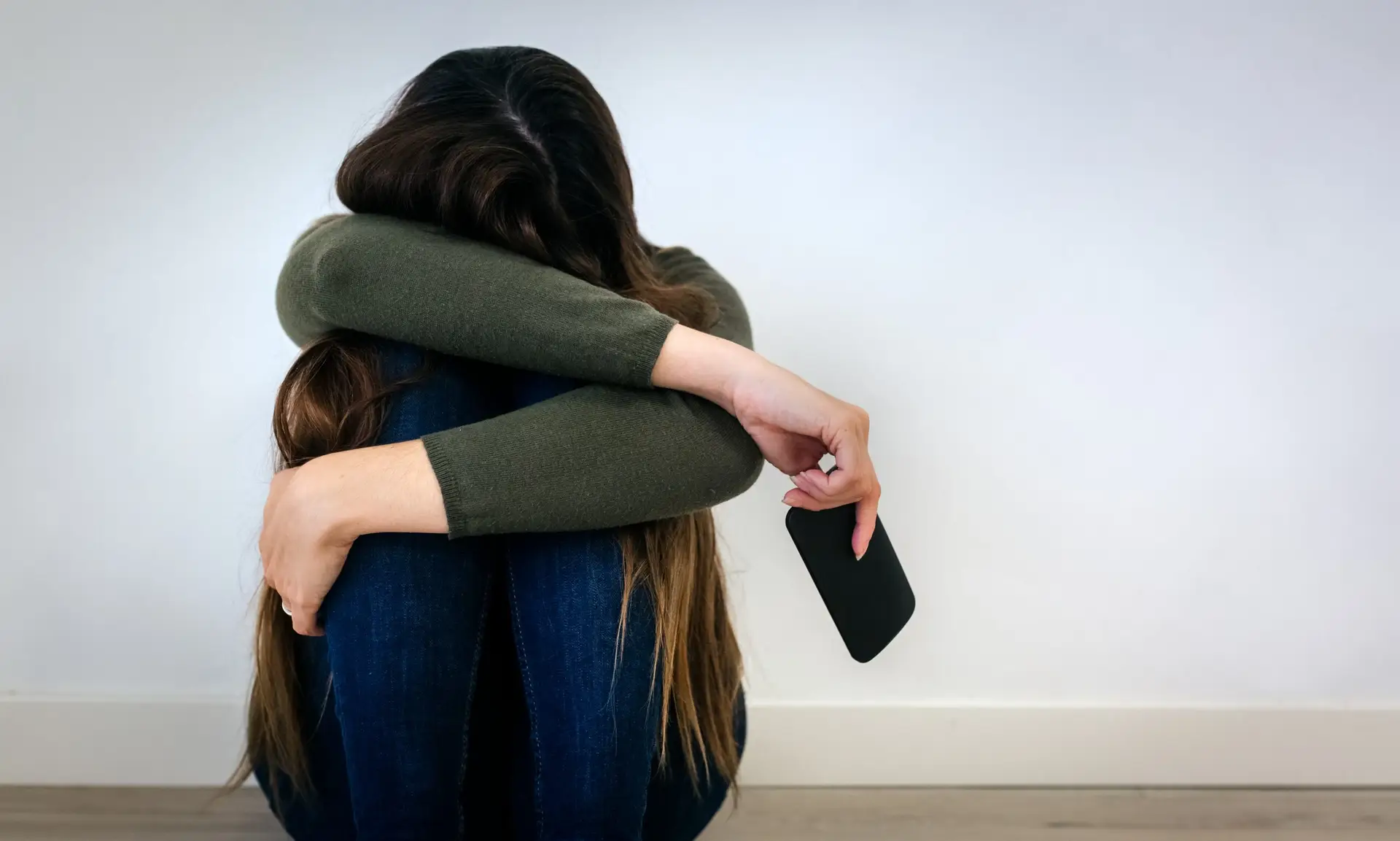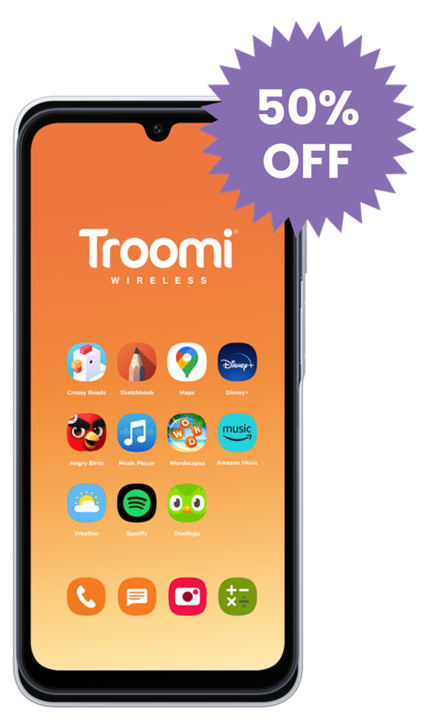There is no doubt that social media is growing and expanding its influence over all of our lives, including those of our children. While we know about the obvious dangers of social media, we should also be aware of the unexpected risks it poses to our kids. Although they might be exposed to drugs and drug culture elsewhere, social media puts that exposure into the palm of their hands through smartphones.
On the surface, social media and drug use may not seem related, but spending time on social sites increases kids’ risk of becoming involved with harmful substances like drugs and alcohol. The most obvious social media influence on drug use is exposure. Kids and teens see celebrities and influencers consuming drugs or alcohol and posting about it on their socials. This normalization desensitizes them, creating a new cultural norm that not only are drugs for “cool people” but also safe because the people they admire and trust consume them. This includes family or friends who they may follow.
And those are just the risks from people’s posts. Companies spend millions of dollars targeting children with advertising, despite laws against it, making youth and drug culture evermore intertwined. Vaping is depicted with bright colors and appetizing flavors. Juul, one of the largest e-cigarette manufacturers in the United States, recently settled a lawsuit accusing it of marketing to teens for $40 million. Hundreds of similar suits have been filed against the company for its marketing tactics, which included running ads on teen-focused websites and employing social media and tags to reach kids. It also used celebrity and influencer endorsements to appeal to a young audience, and misled the public about the contents of e-cigarettes. They are not safer than traditional cigarettes but kids and teens think they are. There is also the added danger that comes from the ability for the Juul pod to be disguised as almost any object.
Social media ads are just one way the reality of drug and alcohol consumption is distorted online. Overuse of social media can also have negative effects on mental health, putting kids and teens at risk of self-medicating to alleviate depression or anxiety.
How Youth Access Drugs
But how do kids and teens even get their hands on drugs or alcohol to abuse them?
Times have changed. No longer do you need a dark alleyway or to know a dealer. Now it’s as easy as having a Snapchat account. The link between social media and drug use is evidenced by the ease at which teens are able to buy and sell drugs through apps like Snapchat and Instagram. Hashtags are used to find new dealers and posts are deleted to avoid leaving evidence.
These “street pharmacists” (as some online drug dealers are called) use social media as both advertisement and online store. While both Snapchat and Instagram are working to take down these street pharmacists, they are still present on both apps.
What You Can Do
Here are some things you can do as a parent to keep your kids safe:
- Build a culture of trust. Make sure your kids feel safe and comfortable talking with you about many subjects—including drug safety.
- Be aware of how kids and teens are finding drug dealers. They use hashtags and search bars. Here are some terms to look out for but remember that they are always changing and updating.
- Educate your kids about peer pressure and how marketing works on social media. The things that are appealing about drug use, vaping, or underage drinking don’t stop them from being dangerous, no matter how glamorous they appear.
- Model and teach healthy coping skills to deal with stress and other mental health issues. Seek professional help from a therapist or doctor when necessary.
- Monitor internet use but let your child or teen know you’re trying to protect and keep them safe—not pry or spy on them.
If you think your child might have been exposed to drugs or might be struggling with drug addiction, consider seeking professional help or consulting resources to learn more about drug abuse.
Social media lets us connect with friends and family around the world, but it’s not without its dangers. Teaching your kids and talking openly about the dangers of social media and drug use helps them avoid dangerous situations and react appropriately if they find themselves in one.
Worried about your kids and social media? Troomi can help. Troomi phones are designed to keep kids safe online by allowing you to control the content they access—from websites to apps. Features like safelisting, which only allows contact from numbers you approve, mean your kids can enjoy the benefits of technology without the risks. Check out Troomi today to learn more about safe smartphones for kids.


